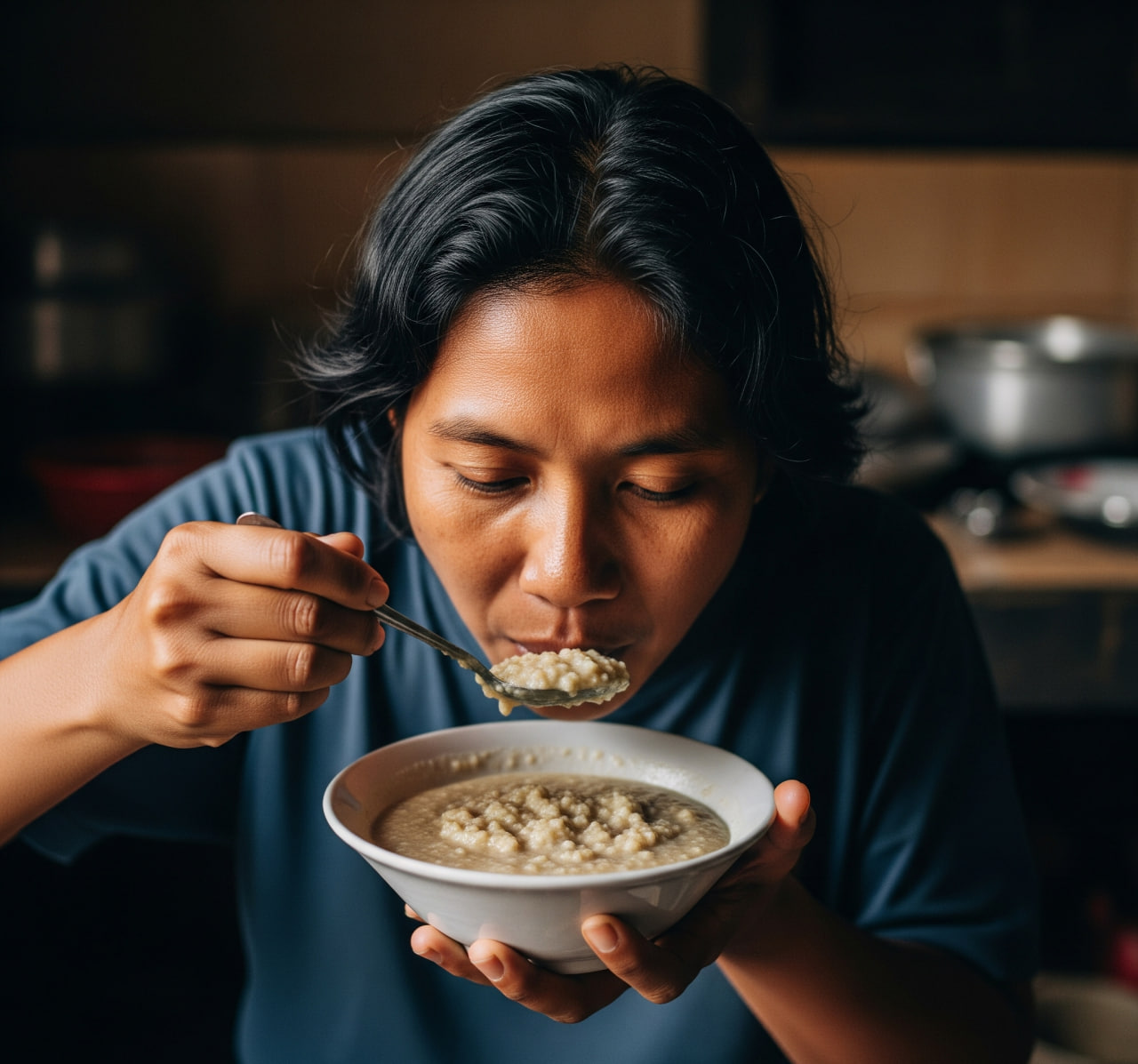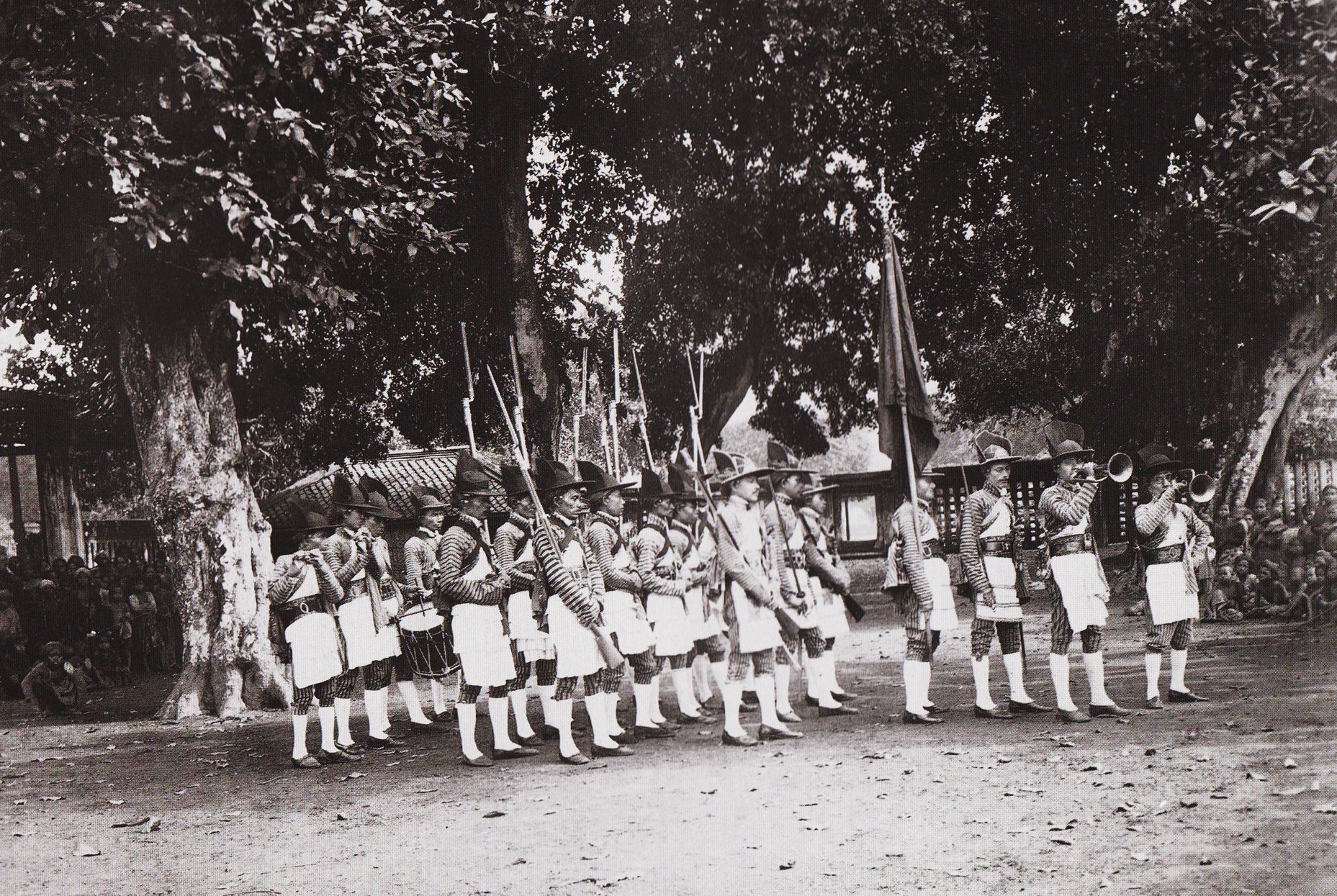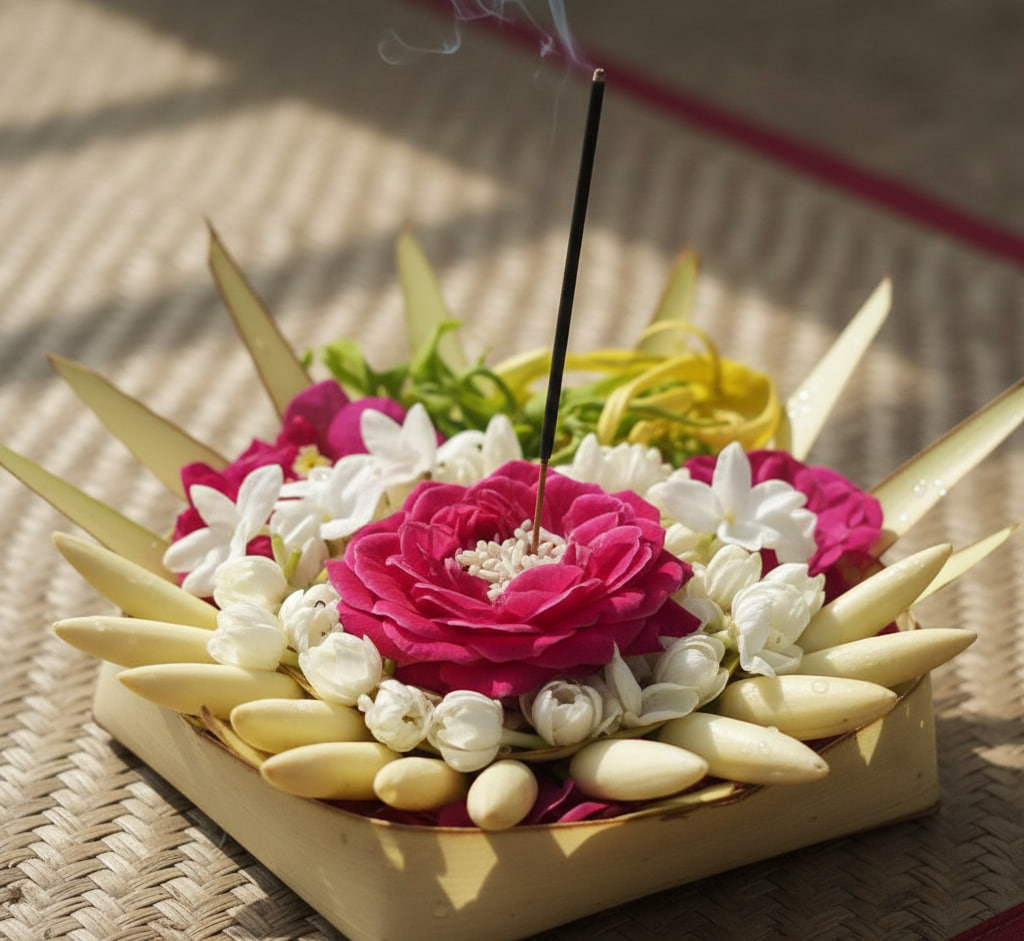News
Savoring Bubur Suran (Bubur Suro)
In the solemn atmosphere of Satu Suro night—after the silent steps of Mubeng Beteng and the prayers lifted skyward in the stillness of Tapa Bisu—there comes a humble yet meaningful dish: Bubur Suran. This is no ordinary porridge. It is not merely a meal to fill the stomach, but a bowl full of symbols and gratitude. It arrives not just as the closing of a ritual, but as a continuation of prayer in a form that can be tasted.
Bubur Suran, also known as Bubur Suro, is a special dish of the Suro month, typically served only on rare and sacred occasions—especially within the Yogyakarta Palace tradition. Though it is “just porridge,” it is never served carelessly. Each measure carries philosophy, every spoonful is steeped in silent prayer.
The porridge is made from rice cooked with coconut milk, salt, lemongrass, and ginger. The flavor is savory with a warm aroma that invites anyone who tastes it to sink into the intimacy of its mood and meaning. But what truly sets it apart is its topping: seven types of beans. There are peanuts, cashews, soybeans, mung beans, tholo beans, Bogor beans, and red beans. These aren’t just to add texture or taste—they add layers of meaning.
The number seven is no random choice in Javanese culture. It symbolizes the seven days of the week. In this humble bowl of porridge lies a subtle invitation to be grateful—not just on holy days, but every day. Every bite is a gentle reminder that blessings aren’t only about how much we have, but about how we receive what we’re given.
The side dishes served with Bubur Suran are not taken lightly either. You’ll often find chicken opor, sambal goreng, and sometimes telur pindang or sweet marinated tempeh. This combination is not merely about taste, but represents harmony. Sweet, spicy, savory, and richly spiced—just like life itself, full of flavors to be embraced with an open heart.
Eating Bubur Suran after the entire Satu Suro procession serves as a gentle closing. After reflection, prayer, and ascetic rituals, we return to something fundamentally human: eating together. In Javanese culture, eating is not only about nutrition—it’s about connecting hearts. The hunger, the gratitude, the shared presence.
And that is where the power of this tradition lies: it unites spirituality with the everyday. Eating Bubur Suran is not just about the porridge. It’s about celebrating life with presence and quiet awareness. Like a prayer that doesn’t always need to be spoken—sometimes, it just needs to be spooned in.



